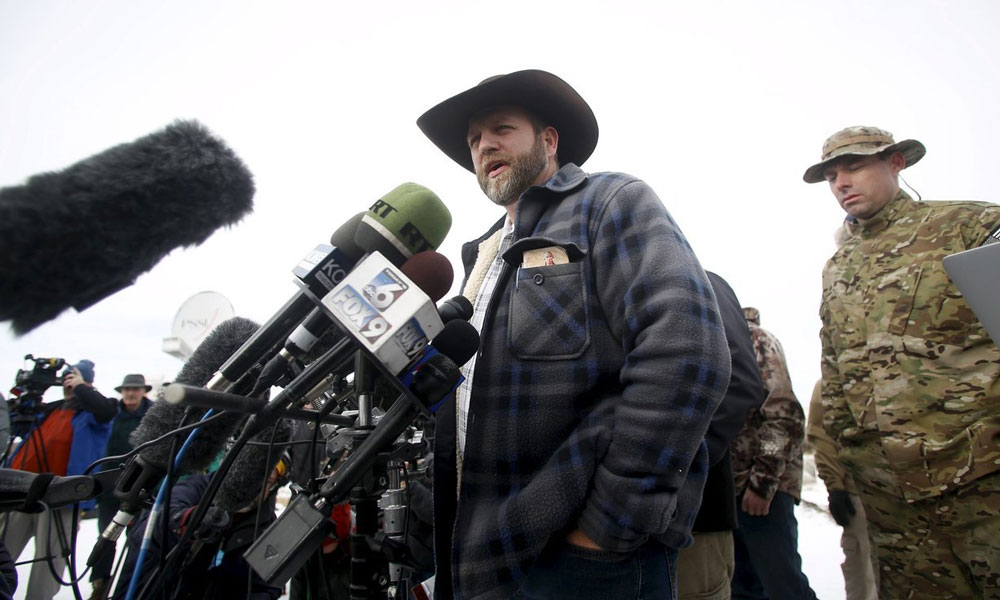
Crisis Prep: When A Member Makes National News
After the arrest of Oregon Cattlemen's Association members Dwight and Steven Hammond sparked protests that led to national news coverage, OCA was forced to comment on the matter. Crisis communications experts said expressing support for its members was the right response, but encourage all associations to prepare for a member making news long before it happens.
After setting two fires that spread to federal lands in 2001 and 2006, Dwight Hammond Jr. and his son, Steven, were sentenced to prison. Dwight served three months, while Steven served a year.
However, the U.S. government appealed their sentences, arguing that they failed to meet the mandatory five-year minimum, and won. When news broke that the eastern Oregon-based ranchers would serve an additional five years in prison, protests erupted, attracting national media attention.
Though the Hammonds reported to the Terminal Island federal correctional facility in San Pedro, California, on January 4 as scheduled, many reached out to the Oregon Cattlemen’s Association—which the Hammonds are members of—to see where the group stood on the issue. After being peppered with questions about the Hammonds case and ongoing protests, OCA released a statement Monday noting that while they “do not support illegal activity taken against the government…[OCA] will continue to support the Hammonds via avenues that are in accordance with the law.”
While not every association will have to deal with members making national headlines, OCA’s response provides lessons for all organizations to keep in mind when dealing with a crisis. The incident also serves as a reminder of the importance of anticipating a crisis.
Part of the definition of a crisis is that it’s unexpected, Singer Communications President Sheri Singer told Associations Now. “How you act will either protect and preserve your association’s reputation or destroy it,” she said.
Epic PR Group CEO Adele Cehrs agrees. OCA makes clear in its statement that while “they don’t condone illegal or bad behavior by the ranchers … they show members that they are loyal to their plight,” Cehrs told Associations Now.
“To not respond or take a position to an issue that is related to the core of the profession or trade is like poison to your membership base,” said Cehrs, author of SPIKE Your Brand ROI: How to Maximize Reputation and Get Results, detailing how organizations can capitalize on newsworthy moments to promote their brands. “Members want to know you have their back, like when Epic PR worked with the Emergency Nurses Association to respond to the Ebola outbreak.”
Even though some groups will never have a member who makes national headlines or have to deal with a communications crisis, Cehrs and Singer said that OCA’s situation serves as a good reminder that every association should plan and be prepared for both.
Cehrs suggests that associations decide what their three to five core issue are for members each year. “They must make a plan to respond when those core issues come up in legislative issues, public perception, or social context,” she said.
For Singer, the most important part of handling a crisis occurs before and after. “Have a plan. Identify who the target audience might be, who is going to be on the crisis management rapid-response team,” and speak with your legal team about “what you can say, how you say it, and when you say it,” she said. “To preserve your reputation, you have to protect your association.”
Ammon Bundy, one of the protesters at Oregon's Malheur National Wildlife Refuge, addresses the media on Monday. (Jim Urquhart/Reuters)





Comments